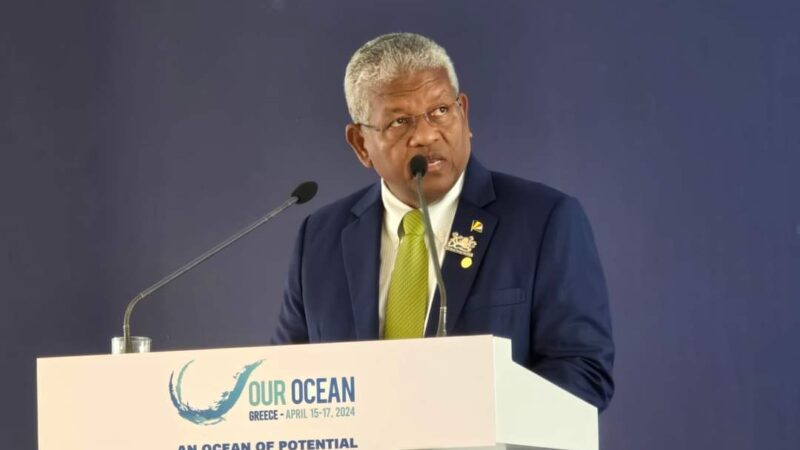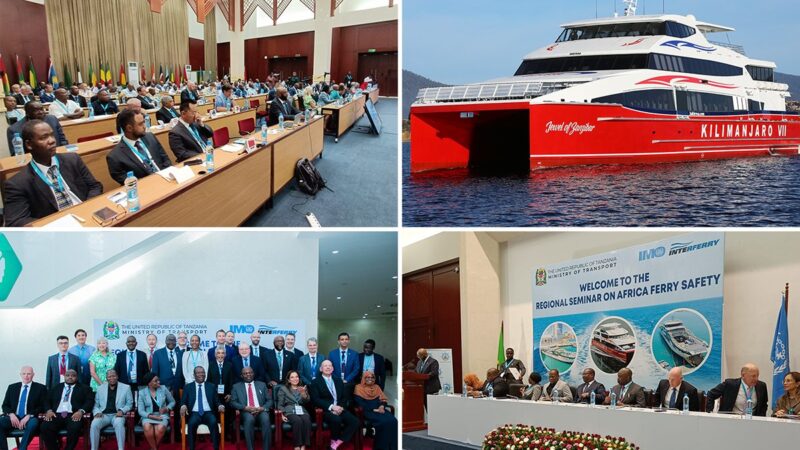Support for African countries on oil spill response incident command
The basics of how to manage an incident in the event of an oil spill were covered at an in-person regional workshop in Nairobi, Kenya (9-12 May). The aim of the event was to enable African countries* to better understand and exercise the national Incident Command System (ICS) for responding to oil pollution, guided by their National Oil Spill Contingency Plan (NOSCP). The training was targeted particularly at Small Island Developing States (SIDS) and Less Developed Countries (LDCs).
The outcome of an oil spill incident should be achieved using a clear set of objectives to protect people and the environment. Effective incident management requires the establishment of effective command and control so as to move the response from an initial reactive phase to one where the scope of the incident is understood, and appropriate actions can be taken in alignment with the International Convention on Oil Pollution Preparedness, Response and Co-operation (OPRC) Convention. The OPRC requires Parties to the Convention to have an NOSCP in place.
Through lectures, videos, case studies and group exercises, 41 senior-level personnel and supervisors involved in emergency planning response or recovery were familiarized with the ICS functional areas, the role of the Incident Commander and Command Staff, the delegation of authority processes and Incident Action Plan components. The training also enhanced regional cooperation and collaboration amongst Contracting Parties to the Nairobi Convention.
The workshop was co-organized and co-sponsored by the Norwegian Coastal Administration through the UN Environment Programme (UNEP), IMO’s Integrated Technical Cooperation Programme (ITCP) and the Nairobi Convention. The ITCP sponsored eight participants from Comoros, Madagascar, Seychelles and South Africa.
* Comoros, Ghana, Kenya, Madagascar, Mauritius, Mozambique, Seychelles, Somalia, South Africa, Uganda and United Republic of Tanzania
Source : IMO




